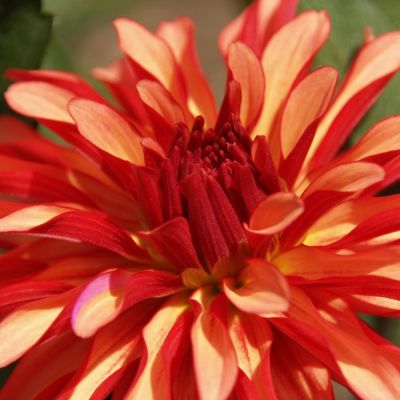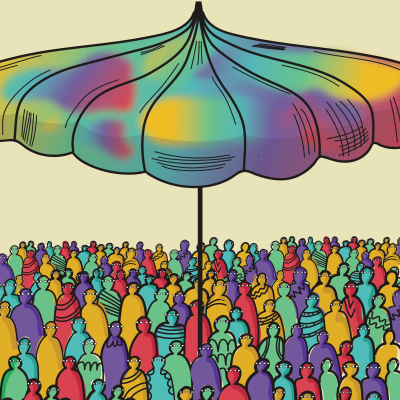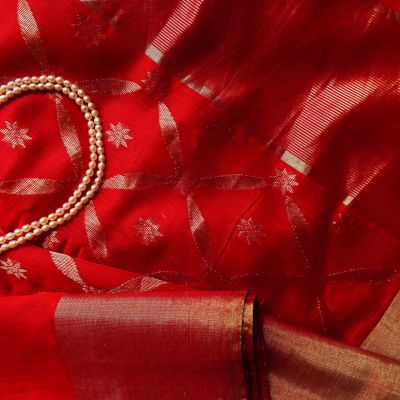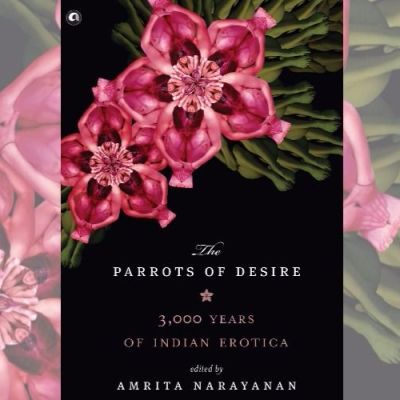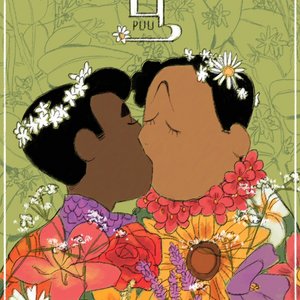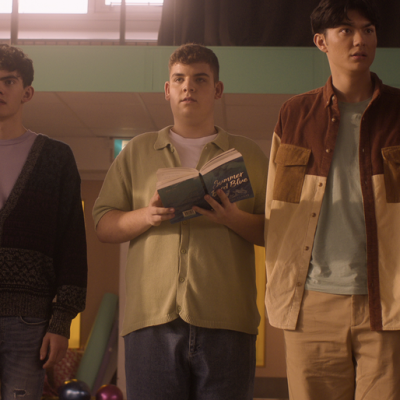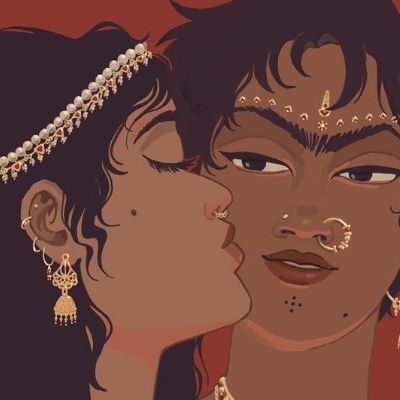LGBTQ
The internet is playing a major role in activism in the Valley, and love and relationships too Onaiza Drabu Since…
We need more spaces for marginalized people to express themselves. Although pop culture and mainstream media have yet to feature the diversity and representation we crave, fan fiction can help to fill in those gaps. And that is nothing short of feminist.
From my experiences, I find that diversity is not an end unto itself. Instead, it is a tool for reflection, a mirror that shows not only who we, and the society we live in, are in the present, but what we aspire to be in the future.
Fragile and fleeting like soap bubbles, pleasure shines with many colours. But its iridescence is frightening for many. Perhaps because its colours change in unpredictable and uncontrollable ways, and though fragile and fleeting, it is a world in itself
In our mid-month issue, we have the second part of the Shikha Aleya’s interview with six different people talking about aspects of sexuality and diversity from their own particular space of personal knowledge, as well as work, advocacy, art and activism across diverse fields.
As we move into a new year and a new decade we hope to be moving towards a more just and peaceful world, especially given the troubled times that people all over the world have been and are currently experiencing. And so, in this new year, we wish you lots of SISA spaces through 2020 and beyond!
Queering is not about being queer but about doing queer – about going beyond binaries of gender and sexuality, questioning accepted perspectives, and challenging and upending normative ways of being in the world.
Drag is more than a form of entertainment or art form or a form of comedic release, it’s the realization of the fun of being queer or having a queer perspective.
After the underwear slips off, does the underwear brand really matter? The underwear may mean different things for different people. It may evoke desire or may hinder access.
Undoubtedly, LGBTQ+ literature and writing in India has witnessed an ‘explosion’ in the past two decades, and the trends in contemporary publication promise consistent growth in the future too. However, issues of queer representation in existing literature, and especially contemporary literature, need to be continually invested in, for literature is a key marker of society’s outlook on and reception of such sensitive subjects as homosexuality and ‘queer’-ness
If your one step – addressed to everyone irrespective of caste, class, gender, religion, and sexuality – is a giant leap for marginalised and oppressed people, Stonewall will not be far behind.
From maintaining safety to the maintaining of boundaries, privacy plays a crucial role in informing our sexuality and preserving our sexual wellbeing
Puu, an episodic comic (consisting of 92 serialised episodes) created in 2016 by Nabigal-Nayagam Haider Ali – going by Nabi online – is woven together with vast, expansive threads of similar intense spiritual moments and reflections on devotion, faith, and love.
The assumption that everyone experiences love and attraction in a similar manner is deeply alienating and harmful for the a-spec community.
Being a woman who loves other women, I realised that women look at me with the same tender gaze I look at them with. And that, more than anything, has made me feel at peace with my body. I hope to one day love it






